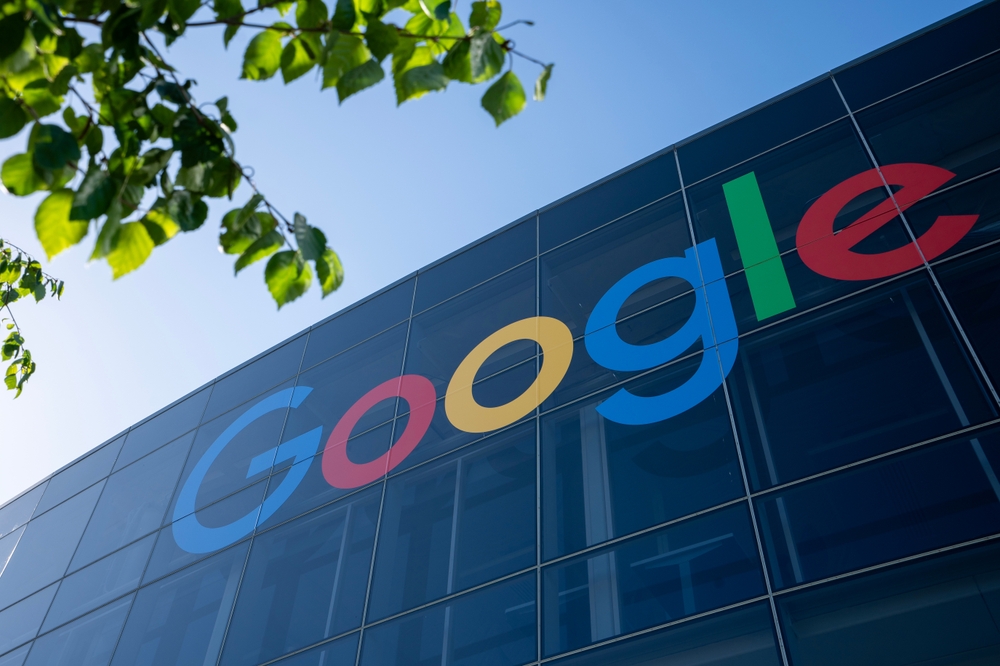The U.S. government is contemplating a major antitrust action against Google, reminiscent of the landmark breakup of AT&T into the “Baby Bells” over four decades ago. This potential move could fundamentally alter the tech industry, targeting one of its most influential players. A recent filing by the U.S. Department of Justice (DOJ) suggests that breaking up Google’s search business from other key platforms like Android, Chrome, and the Google Play store may be on the table, signaling a dramatic shift in regulatory oversight.
Curbing Google’s Search Dominance
The core of the DOJ’s case revolves around curbing Google’s ability to use its ecosystem of products to strengthen its hold on the search market. By potentially dismantling Google’s business units, the government aims to prevent the company from using its control over platforms like Chrome and Android to maintain a competitive edge in search. This includes concerns about Google’s ability to leverage new technologies such as artificial intelligence (AI) to outpace rival search engines.
Momentum for this antitrust action increased after a federal judge ruled in August that Google had violated U.S. antitrust laws through its practices in the search market. The judge’s description of Google as a “monopolist” indicated that the company’s grip on how Americans access online information might need restructuring. This ruling has opened the door to possible changes in Google’s search business, pointing toward a potential overhaul of its operations.
Google’s Defense: Risks of a Breakup
Google has pushed back against the DOJ’s efforts, warning that a breakup could disrupt services for users. The company argues that splitting its search engine from products like Android and Chrome could diminish the seamless user experience it currently offers. Additionally, Google has suggested that a separation could slow AI advancements and even raise privacy concerns, as it might be forced to share user data with other companies.
Despite Google’s arguments, the DOJ maintains that the company’s business practices have harmed competition, limiting consumer choices in the search market. Central to the case are Google’s exclusive deals with major companies like Apple, which make Google the default search engine on a range of devices. These arrangements, which have cost Google billions, were labeled as anticompetitive by U.S. District Judge Amit Mehta. The DOJ believes that these agreements have created barriers for competitors, reducing innovation and diversity in the market.
Potential Remedies and Their Impact
As the legal proceedings advance, discussions are focusing on what penalties and structural changes Google might face. One possibility is the removal of Google’s exclusive agreements with companies like Apple, which could create a more competitive environment for search engines. Such a change might alter how consumers choose their search options on smartphones and browsers, potentially shifting market dynamics.
Another proposed remedy is the introduction of a “choice screen” on devices, which would allow users to select their preferred search engine. This model, already used in the European Union, could significantly cut into Google’s market share in the U.S. if adopted. The DOJ is also considering restrictions on how Google promotes its search engine through other products, such as preventing Chrome from defaulting to Google Search, addressing concerns about self-preferencing in the market.
Implications for AI and Data Control
The case extends beyond just search, as the DOJ is also scrutinizing Google’s influence in the AI field. There are concerns that Google’s strong position in search could give it an edge in AI development due to its access to vast amounts of data needed for training models. To address these concerns, the DOJ might explore options such as allowing websites to opt out of Google’s AI training data or requiring Google to share certain AI tools with other tech firms.
This antitrust action is the most significant challenge to a tech giant since the U.S. government’s battle with Microsoft in the early 2000s. As Google appeals the court’s decision, the legal battle is expected to be lengthy, potentially lasting several years. The outcome could set a new precedent, impacting future antitrust actions involving other major tech companies like Amazon, Apple, Meta, and even Ticketmaster.
A Turning Point for Big Tech Regulation
The potential breakup of Google represents a pivotal moment for the regulation of digital giants in the U.S. It could reshape not just how search engines compete but also influence how tech companies handle data, develop AI, and form strategic partnerships. Although Google emphasizes that its search engine’s popularity stems from superior performance, the DOJ’s focus on anticompetitive practices suggests that significant changes could be in store for how digital information is accessed in the future.
As the legal clash between the U.S. government and Google unfolds, the possibility of a breakup signals a shift in how tech industry power is managed. The decisions made in this case could not only redefine Google’s business model but also alter the competitive landscape of the entire tech sector, setting the stage for new regulations that will shape the future of digital services.
The DOJ’s antitrust case against Google could reshape the tech industry in profound ways, potentially leading to a breakup of its core businesses and altering how search engines operate in the U.S. As Google mounts its defense and the legal process continues, the stakes are high for both the company and the broader tech market. The outcome of this case will be closely watched, as it holds the potential to change the dynamics between large tech firms and regulators, ushering in a new era of competition and innovation in the digital age.







